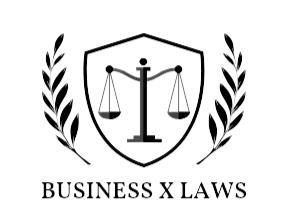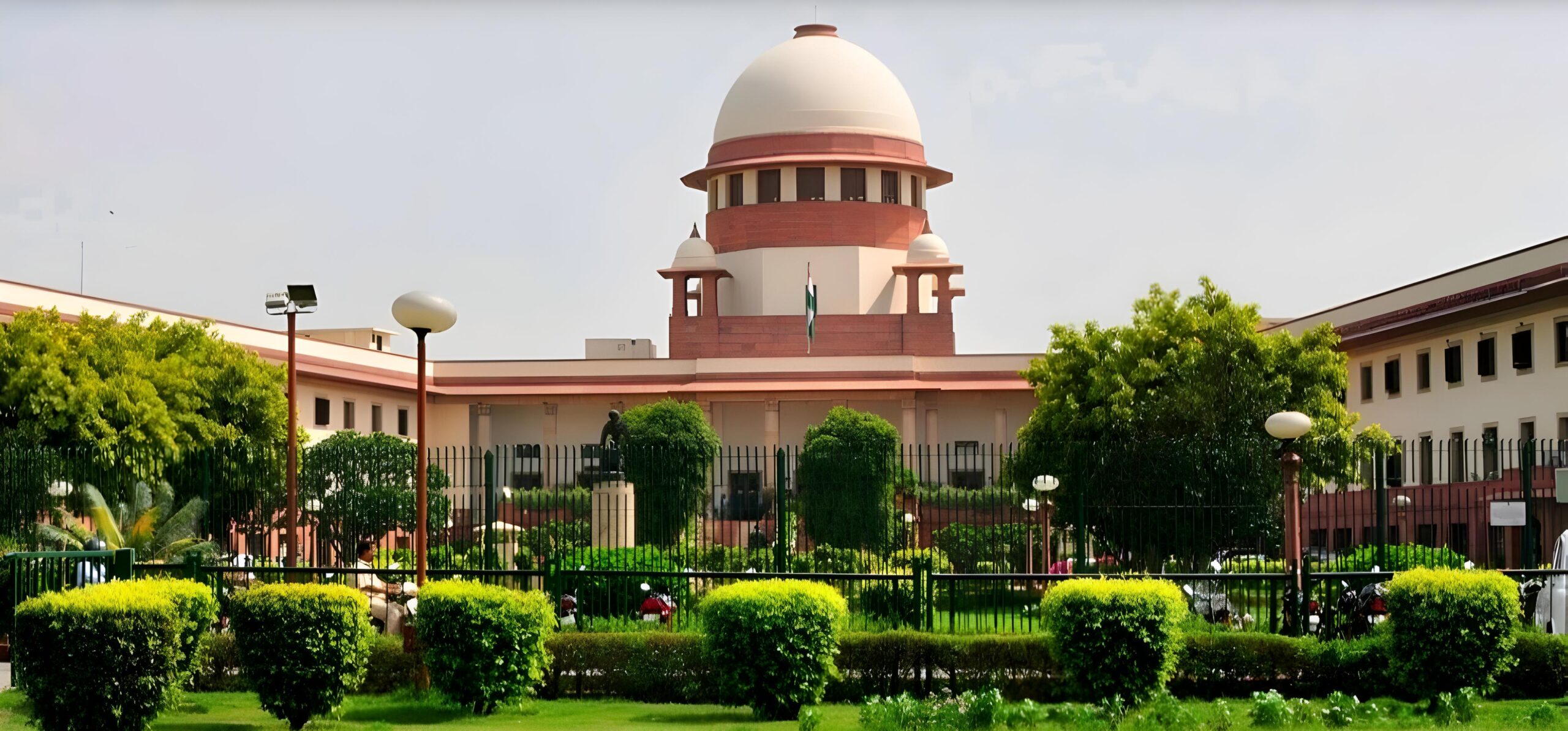In a recent development, the Supreme Court of India allowed the withdrawal of several petitions challenging the Unlawful Activities (Prevention) Act (UAPA). The petitioners, represented by advocate Prashant Bhushan, decided to approach other appropriate forums. The bench, consisting of Justices Bela M Trivedi and Pankaj Mithal, had previously stated that it would not permit “proxy litigation” to challenge the UAPA. The court also allowed the NGO Foundation for Media Professionals to withdraw its petition challenging the UAPA. The top court stated that it would hear challenges to the UAPA provisions only by those personally aggrieved by it.
In a recent development, the Supreme Court of India has permitted the withdrawal of multiple petitions that were challenging the constitutional validity of certain provisions of the Unlawful Activities (Prevention) Act (UAPA). This decision came after the petitioners expressed their intention to approach more suitable forums for their cause.
The advocate Prashant Bhushan, who was representing three members of civil society, including a journalist, had been booked under the UAPA by the Tripura Police in 2021. The charges were related to their social media posts concerning riots in the state. Bhushan stated that he had received instructions from his clients to withdraw the petitions.
This move marked a sudden shift in the course of events. The individuals and groups who had previously challenged the UAPA’s constitutional validity in the Supreme Court decided to withdraw their pleas. They stated their decision to approach other appropriate forums for their cause.
The bench, consisting of Justices Bela M Trivedi and Pankaj Mithal, had previously stated on Wednesday that it would not permit “proxy litigation” to challenge the vires of the UAPA, an anti-terror law. Following the petitioners’ counsels expressing their desire to approach the jurisdictional high courts for relief, the bench allowed as many as eight petitions to be withdrawn.
The bench had asked the counsel for the petitioners to seek instruction by Thursday on whether they want to approach the high court to quash the FIR in UAPA cases or they want to challenge the vires of the law in the top court.
Advocate Prashant Bhushan, who was representing the three civil society members, requested that the interim order dated November 17, 2021, which granted protection from arrest, be extended by two weeks.
Justice Trivedi responded that the court would not pass any such order but orally asked the Tripura police to refrain from taking any coercive action. She stated, “Normally, we would have not entertained such petitions under Article 32 of the Constitution. We are not going to pass any such order. We are not saying anything in the order but you (Tripura police) don’t do anything.”
Bhushan then urged the bench to allow the petitioners to appear before the high court through video conferencing. Justice Trivedi responded that the Supreme Court cannot micromanage everything and they should approach the high court for appearance through video conferencing or any other relief.
A similar request was made by the NGO Foundation for Media Professionals for withdrawal of a petition challenging the constitutional validity of provisions of the UAPA with liberty to approach the appropriate forum. The bench allowed the NGO’s request to withdraw its petition.
On Wednesday, the top court had stated that it would hear challenges to the vires of the UAPA provisions only by those who are personally aggrieved by it and had refused to hear senior advocate Huzefa Ahmadi, who appeared for some writ petitioners challenging the anti-terror law. The bench had stated, “The petitioner must be an aggrieved party and there must be a violation of their rights. Only then can the question of challenging the vires of a legislative provision arise.” The bench had further stated that in PIL matters, the doctrine of locus standi may not apply in a strict sense but where vires of a law has been challenged, there should be some semblance of involvement. “Otherwise, it will be a proxy litigation on behalf of other persons, who do not want to come to the forefront. That would not be permissible. We have to be careful about allowing such proxy litigation,” Justice Mithal had observed.
The legal terms and sections mentioned in the article :
Unlawful Activities (Prevention) Act (UAPA):
The UAPA is a piece of Indian legislation designed to curb unlawful activities and associations within the country. Its primary focus is on activities that threaten India’s integrity and sovereignty. The Act has undergone several amendments, with the most recent one in 2019 enabling the Union Government to label individuals as terrorists without a formal judicial process.
Article 32 of the Constitution:
This article in the Indian Constitution is a fundamental right that allows individuals to approach the Supreme Court for the enforcement of other fundamental rights recognized by the Constitution.
Doctrine of Locus Standi:
This legal principle refers to the right of a person to appear before a court or any other body on a specific issue. According to this doctrine, a person who is not directly involved in a dispute cannot interfere in judicial proceedings. Only a person whose legal right has been infringed, i.e., the aggrieved party against whom a decision has been made, is allowed to initiate legal action in court.
Proxy Litigation:
This term describes a situation where a third party initiates legal proceedings on behalf of others who may prefer to remain in the background. The Supreme Court of India has taken a stricter stance on challenges to the constitutional validity of the UAPA, stating that it would not allow “proxy litigation” and would only entertain challenges from those personally affected by the anti-terrorism law.
Vires of a Law:
This term pertains to the power or validity of a law. In the context of the article, to challenge the vires of a law means to question its constitutional validity. The Supreme Court has stated that it would entertain challenges to the vires of the UAPA provisions only from those who are personally aggrieved by it.
How does UAPA affect civil liberties in India?
The Unlawful Activities (Prevention) Act (UAPA) in India has sparked considerable controversy due to its potential implications for civil liberties. Here are some crucial aspects to consider:
Dissent Suppression:
Critics argue that the UAPA is being utilized to stifle dissent, intimidate individuals, and harass them, thereby posing a threat to public debate and press freedom. It’s suggested that the Act is being employed as an instrument to criminalize the exercise of civil liberties.
Preventive Detention:
The UAPA, as a preventive detention law, permits the detention of suspects without charge or trial for up to 180 days. This has raised concerns about politically motivated detentions and potential human rights abuses.
Limitation of Rights and Freedoms:
The UAPA grants the Parliament the authority to restrict citizens’ rights and freedoms in order to safeguard India’s sovereignty and integrity. This has led to debates about the equilibrium between national security and individual rights.
Legal Challenges:
The Supreme Court has underscored that only those directly affected by the law can challenge it. This brings up issues about proxy litigation and its role in preserving civil liberties.
Law Misuse:
Over time, there have been growing concerns about the misuse of the UAPA to suppress dissent. The law’s indefinite validity, unless repealed by Parliament, has contributed to its widespread misuse.
The ongoing struggle to balance national security with the protection of individual rights underscores the delicate equilibrium that must be maintained. The future of the contentious provisions of the UAPA remains uncertain as the court continues to wrestle with the law’s ramifications.
FAQs
What is the recent development in the Supreme Court regarding the UAPA?
The Supreme Court of India has permitted the withdrawal of multiple petitions that were challenging the constitutional validity of certain provisions of the Unlawful Activities (Prevention) Act (UAPA). The decision came after the petitioners expressed their intention to approach more suitable forums for their cause.
Who was representing the civil society members in the case?
Advocate Prashant Bhushan was representing three members of civil society, including a journalist, who had been booked under the UAPA by the Tripura Police in 2021.
What was the reason for the withdrawal of the petitions?
The individuals and groups who had previously challenged the UAPA’s constitutional validity in the Supreme Court decided to withdraw their pleas. They stated their decision to approach other appropriate forums for their cause.
What was the bench’s stance on “proxy litigation”?
The bench, consisting of Justices Bela M Trivedi and Pankaj Mithal, stated that it would not permit “proxy litigation” to challenge the vires of the UAPA, an anti-terror law.
What did Advocate Prashant Bhushan request regarding the interim order?
Advocate Prashant Bhushan requested that the interim order dated November 17, 2021, which granted protection from arrest, be extended by two weeks.
What was Justice Trivedi’s response to Bhushan’s request?
Justice Trivedi responded that the court would not pass any such order but orally asked the Tripura police to refrain from taking any coercive action.
What was the bench’s stance on challenges to the vires of the UAPA provisions?
The bench stated that it would hear challenges to the vires of the UAPA provisions only by those who are personally aggrieved by it and had refused to hear senior advocate Huzefa Ahmadi, who appeared for some writ petitioners challenging the anti-terror law.

